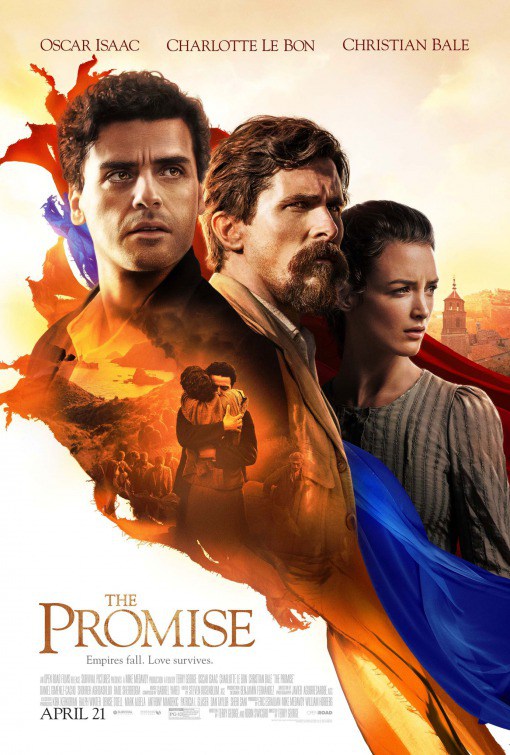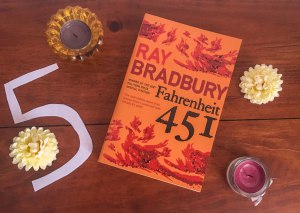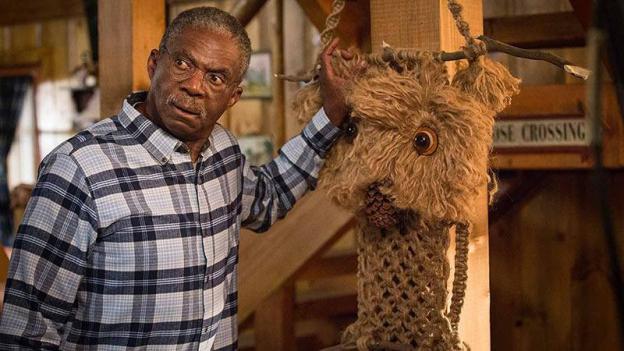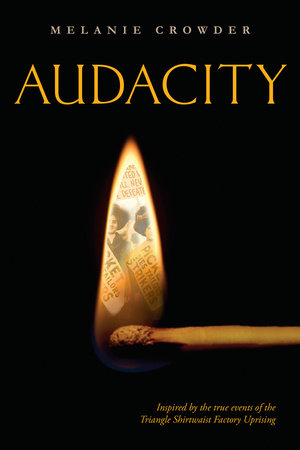Open Road Films
Reviewed by: Harvey Karten, CompuServe Film d-based on Rotten Tomatoes
Grade: B
Director: Terry George
Written by: Terry George, Robin Swicord
Cast: Oscar Isaac, Charlotte Le Bon, Christian Bale, Daniel Giménez-Cacho, Shohreh Aghdashloo
Screened at: Review 1, NYC, 4/13/17
Opens: April 21, 2017

If you go to Berlin, you will note some sights that would seem unbelievable. Near the city center, an entire large square block is taken up with a Holocaust memorial, 2711 slabs of concrete arranged in a grid pattern as a memorial to the Jews who were killed on Nazi orders during World War II. Germany has gone overboard with contrition, delving into the country’s budget to make financial reparations for the murder of six million Jews. Students from elementary school through secondary institutions are required to make trips to the Holocaust museum in Berlin, and I noted during my visit that the young people visiting the site seem as apologetic as though they were in the war themselves.
By stark contrast, the government of Turkey to this day refuses to admit its own guilt in the genocide of Armenians living within the borders of the Ottoman Empire. As though it were not sufficient for the Turks to send armies to battle in World War I beginning in 1914, they used the opportunity to murder their own people, just as Syria is doing now in the sixth year of Syria’s civil war. But the Armenians were not rebelling. They lived side by side with ethnic Turks, marrying across religious and ethnic lines. However, as a general rule, when things get bad, when an alarming crisis is on hand such as Turkey’s entry into the war, minorities sometimes get swept up by a suppressed rage now let open. The excuse Turkey gave for its campaign against Armenians is that a contingent had joined with the Russian enemy; they could no longer trust their loyalty to the Ottomans.
As a result, the genocide was implemented in two phases: the wholesale killing of the able-bodied Armenian male population through massacre and subjection of draftees to forced labor; the deportation of women, children and the elderly and sick on death marches leading to the Syrian desert.
Director Terry George, whose powerful “Hotel Rwanda” covers the massacre of Tutsis by Hutus, is well equipped to hone in on the Armenian genocide. We do not learn why the Turks turned on this minority group, perhaps because “The Promise” is a Hollywood movie as concerned with a triangular romance as it is with the brutality of the Turks, therefore spending a considerable part of its overlong 132 minutes on the romantic attachments of Ana (Charltote Le Bon), an Armenian raised in Paris, with two gents. They are Christopher Myers (Christian Bale), an American journalist with Associated Press, and Mikael Boghosian (Oscar Isaac), an Armenian medical student.
Oscar Isaac’s role is key as Mikael, an apothecary who leaves his small Ottoman village for Constantinople to study medicine, after promising to wed Maral (Angela Srafyan). Like some med students in America who depend on their wives or girlfriends for tuition, he uses Maral’s dowry of four hundred gold coins for tuition. Maral would be naïve to think that nobody in the Turkish capital would turn her boyfriend’s head: Ana, a dance instructor, has her own eye on the journalist, a man of noble character reporting on the genocide and noting that without reporters like him, the Armenian people would completely disappear.
After Turkish divisions break windows of Armenian-owned shops in Constantinople (think of Germany’s Kristallnacht a quarter-century later), Mikael and Ana wind up in bed together. Yet back home in the village, Mikael’s mother (Shohreh Aghdashloo) demands that her son make good on his promise to marry the small-town gal.
When photographer Gabriel Yared uses wide-screen lensing to show the pained expressions on Chris’s face when he sees his sweetheart together with Mikael, he gives ample time to the actual fighting; to the half naked Armenian men who are on a detail of heavy work leading some to die, and to the happy moment that the Armenians resist strongly, based on a true event in the mountainous Mosa Dagh where the Turks were held back for 53 days.
Oscar Isaac carries the film on his shoulders, an admirable job as a charismatic fighter and lover and also brilliant medical student who near the beginning of the story deftly extracts an organ from a corpse. Yet another bold move features the American ambassador to Constantinople telling the pasha that the journalist, in jail for releasing genocide material to AP, must not be executed but instead must be freed.
During the same year that “The Promise” is released, “The Ottoman Lieutenant” has followed a similar trajectory: the love story between an idealistic American nurse and a Turkish officer in World War I. Presumably a new interest in The Great War is on the march, though the first world war will probably always take a back seat in Hollywood to the second. “The Promise,” for its saccharine romance and pounding music on the soundtrack is a respectable treatment of an action by the Turks that killed between one million and one and on-half million Armenians. Again: the temptation in some countries to use a critical time such as war or depression to eliminate a minority may unfortunately be with off for a long time.
Rated PG-13. 134 minutes. © Harvey Karten, Member, New York Film Critics Online
Comments, readers? Agree? Disagree? Why?
Name(required)
Email(required)
Website
Comment(required)
Share this:






